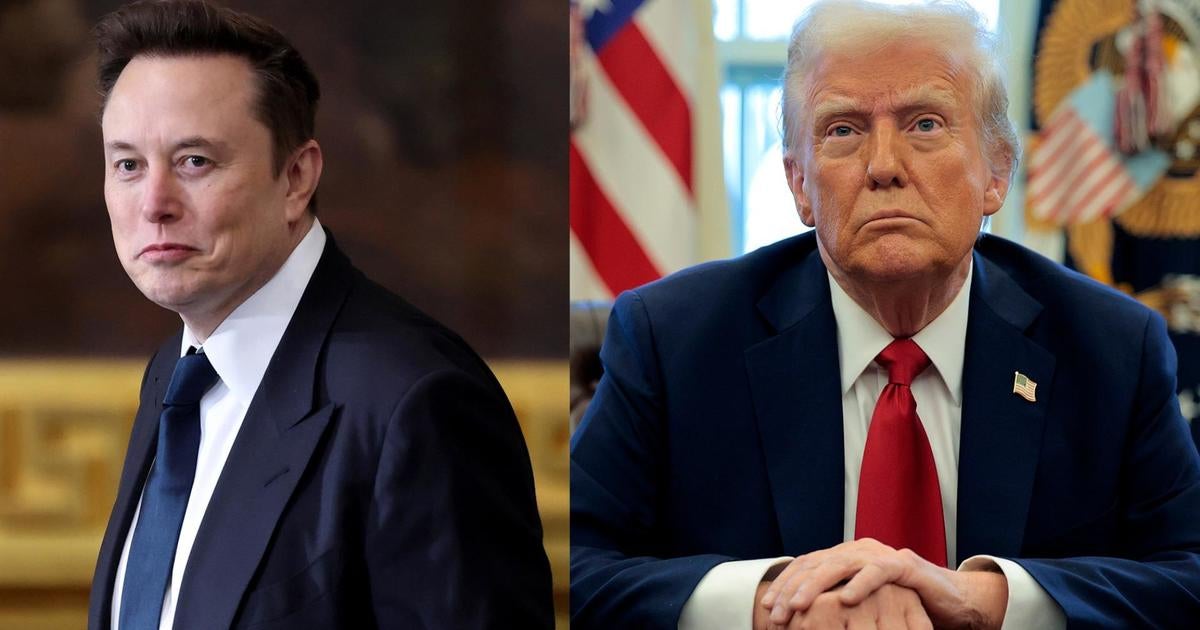Musk’s employee status was confirmed by White House spokeswoman Karoline Leavitt on Monday, although she added that she wasn’t sure whether the Tesla CEO has gained security clearance.
DOGE, which isn’t a federal department, has drawn criticism from Democratic lawmakers and sparked several lawsuits since Mr. Trump’s inauguration on Jan. 20, with some claiming Musk’s DOGE is violating various laws. For instance, two unions and the Alliance for Retired Americans, an advocacy group for older people and retirees, sued on Feb. 3 over DOGE’s access to the Treasury Department’s payment systems — which handle everything from tax refunds to Social Security payments — alleging that the move breaches privacy regulations.
That lawsuit pointed out that, at the time of its filing, Musk’s status with the federal government was unclear.
“The Trump administration has not publicly revealed whether Mr. Musk has been made an officer or employee of the U.S. government or remains a private citizen,” the lawsuit states. “The Trump administration also has not publicly revealed the employment status of other individuals who are part of DOGE.”
In an emailed statement to CBS MoneyWatch, White House spokeswoman Karoline Leavitt said, “Elon Musk is a special government employee and has abided by all applicable federal laws.”
Here’s what to know about the “special government employee” designation.
What is a special government employee?
A special government employee, or SGE, is someone who”who works, or is expected to work, for the government for 130 days or less in a 365-day period,” according to the Department of Justice.
The role was created in 1962 as a way to enable the government to tap outside expertise, according to the publication Government Executive. A special government employee can be paid or unpaid, the Justice Department notes.
Which rules must SGEs adhere to?
SGEs “are subject to most rules, although sometimes in a less restrictive way,” including ethics and conflict of interest rules, the Justice Department states.
But SGEs also are prohibited from working on issues that impact their financial interests, as well as their spouses, children or organizations in which they work or serve as a director or trustee. Some of Musk’s businesses rely on the federal government’s contracts, including SpaceX, which was awarded 100 contracts in 2023 worth $3 billion, according to the New York Times.
Musk’s potential conflict of interests were highlighted by Senator Ron Wyden, the top Democrat on the Senate Finance Committee, in a Jan. 31 letter to Treasury Secretary Scott Bessent about the Tesla CEO’s access to the department’s payment system.
“I am concerned Musk’s enormous business operations in China — a country whose intelligence agencies have stolen vast amounts of sensitive data about Americans, including U.S. government employee data by hacking U.S. government systems — endangers U.S. cybersecurity and creates conflicts of interest that make his access to these systems a national security risk,” Wyden wrote.
However, an SGE can get a waiver “if your interest is not large,” the Justice Department notes. “If you do not qualify for a waiver, you will have to disqualify yourself from participating in any matter that affects your financial interests.”
Musk’s $418 billion fortune is largely tied up in his stakes in SpaceX, worth $136 billion, and Tesla, valued at $158 billion, according to the Bloomberg Billionaires Index.
Does Musk need to make disclosures as an SGE?
Special government employees are only required to make a public financial disclosure report if they earn above the GS-15 government pay rate, or about $123,000. If they make below that, they can file on a confidential basis.
It’s not clear whether Musk is being paid for his work or if he’s participating on a volunteer basis, although DOGE has recruited full-time salaried employees.
Elon Musk
#White #House #Elon #Musk #special #government #employee #Heres #means



